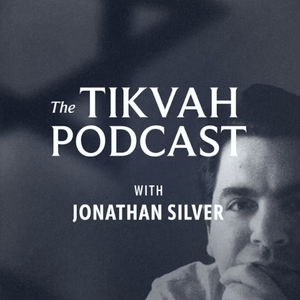On January 26, 2026, after 844 days, the body of Ran Gvili was brought home to Israel for burial. Of the hostages taken on October 7, his remains were the last still kept in Gaza. And when you factor in the hostages taken to Gaza before October 7, Gvili's return marked the first time since 2014 that no Israeli hostage or hostage remains are being held captive, to torture and torment Israelis, in the Gaza Strip.
The operation to recover him involved hundreds of soldiers, excavators, and dentists who examined hundreds bodies in a Gazan cemetery. When they found him, the soldiers gathered and sang the song Ani Ma'amin—arms around each other, voices rising together—"I believe with perfect faith in the coming of the messiah, and even though he may tarry, I will wait for him every day."
It's a song that Jews sang walking to the gas chambers during the Shoah. But there's something in that song, in its very structure, that speaks to how the Israeli soldiers experienced this moment.
Ani Ma'amin contains within it the hope for the eventual coming of the messiah, yes, but also the sober recognition that right now we live in pre-messianic times. Not outside of history, but within it. The soldiers singing that song were acknowledging that the relief and closure they felt was not an escapist delusion that they had suddently entered a new phase of history, or that, with the outbreak of peace, history had ended. No, while we hope one day to be at peace, we understand that this tragedy, and the hard-won deliverance that followed, occurred in history. The end of days is coming—but not yet. It was a note of hope and sobriety uttered by a war-weary army.
For two years, yellow ribbons hung from every street sign and telephone pole in Israel. Empty chairs stood at tables in restaurants and homes. The hostages were present in daily Israeli consciousness in ways that are difficult to convey to those who weren't there.
What can we learn about Israeli society from the psychic and social attention it paid to these hostages? Where does this commitment to bring everyone home come from? What does it cost? And what does this moment of closure—bittersweet, sobering, deeply felt—reveal about how Israelis understand their obligations to one another and their place in history?
To discuss these questions, Mosaic's editor Jonathan Silver is joined by Russ Roberts, president of Shalem College in Jerusalem. An American immigrant to Israel, Roberts has lived in Jerusalem throughout the duration of this war.


